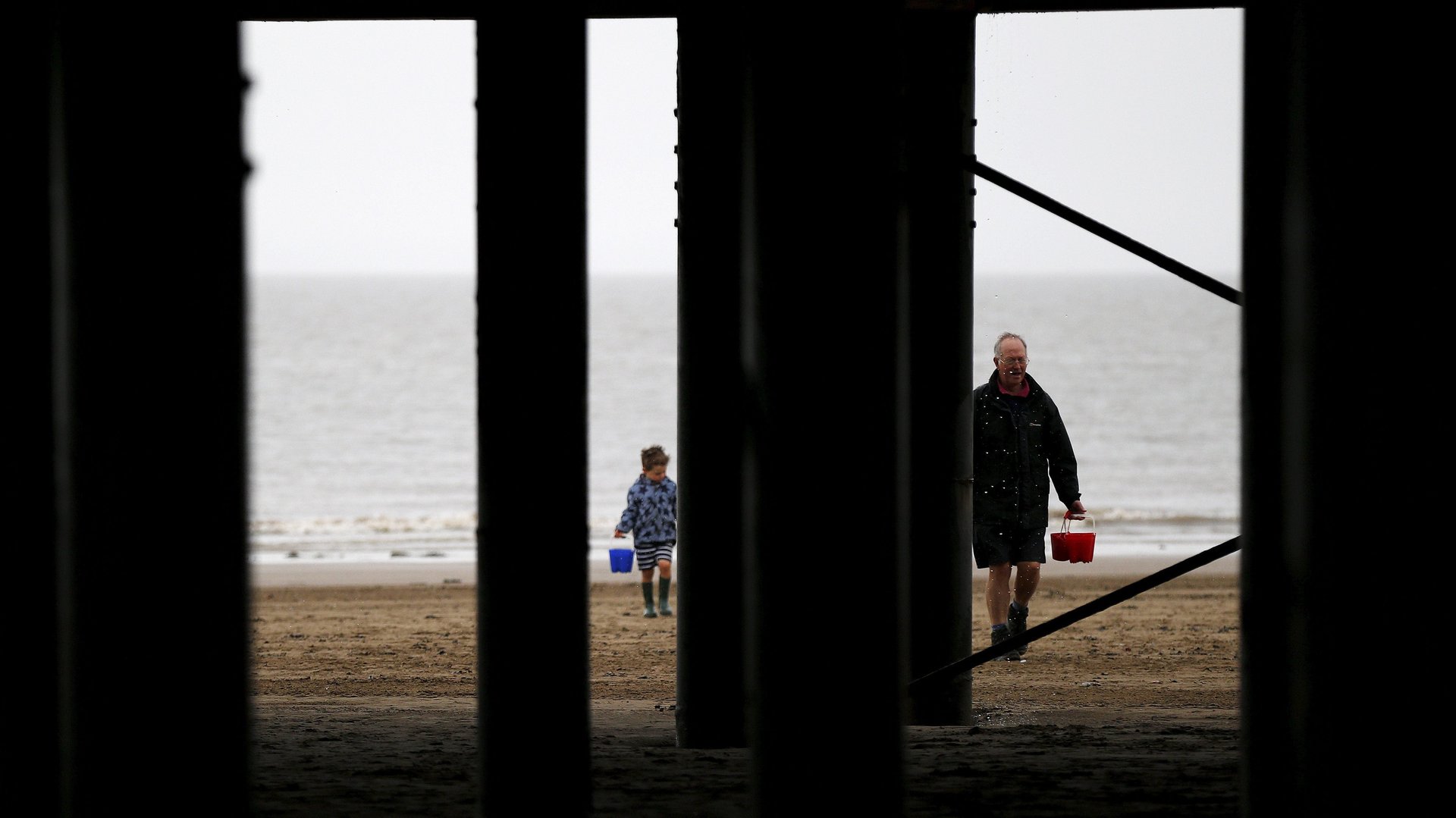Young Britons are even more right-wing now than they were under Margaret Thatcher
When Margaret Thatcher was asked to name her greatest achievement, the former British prime minister apparently replied: “New Labour.” In causing the Labour Party—her opponents during her 11 years in office—to embrace privatization, curbs on trade-union power, and lower taxation after her premiership, Thatcher was clearly aware of the enduring impact she had on British politics.


When Margaret Thatcher was asked to name her greatest achievement, the former British prime minister apparently replied: “New Labour.” In causing the Labour Party—her opponents during her 11 years in office—to embrace privatization, curbs on trade-union power, and lower taxation after her premiership, Thatcher was clearly aware of the enduring impact she had on British politics.
That impact is particularly noticeable on young people, according to a new study in the British Journal of Political Science. In many respects, Britons who came of age under and since Thatcher have increasingly right-authoritarian tendencies—that is to say, both economically and socially conservative views.
Using data from the British Social Attitudes survey from 1985 to 2012, the study, led by Maria Teresa Grasso at the University of Sheffield, classified young people at different times based on their attitudes to nine economic and social issues (above). It found that those born from 1959 to 1976—“Thatcher’s children”—adopted political ideals in line with Thatcher’s Conservative Party at a greater rate than would be expected given their age. But what was interesting was that “Blair’s babies,” people who came of age under the rule of Tony Blair and the New Labour project (born 1977-1990), were even more right-wing on some questions.
For instance, Blair’s babies were most likely to agree that income inequality was “too small” and benefits were too high, and were the most likely to disagree that the government should spend more to help the poor. The paper describes the Blair babies as the most “economically right-wing generation.”
The Blair babies were on the whole less authoritarian-minded than Thatcher’s children. Young people who grew up under Thatcher wanted stiffer criminal sentences and for children to obey authority more than those who grew up under prime ministers Harold Wilson (1964-1976) and James Callaghan (1976-79). Under Blair, attitudes mostly went back to those under Wilson and Callaghan.
But there was one intriguing exception. Of all the generations, Blair’s babies were the most likely to agree that ”the death penalty is appropriate for some crimes.” (However, while a separate study found the death penalty to be a good proxy indicator for voting to leave the European Union in last summer’s referendum, Blair’s babies mostly voted to remain.)
The Conservative party’s 18-year rule—first under Thatcher until 1990 and then her successor John Major—was the longest unbroken period one party governed the UK since 1830. Professor Will Jennings, the director of the Centre for Citizenship, Globalization and Governance at the University of Southampton says Thatcherite values were not only embedded during this particularly long rule, but then reproduced and even strengthened under New Labour—which some leftists criticized for simply picking up where Thatcher had left off.